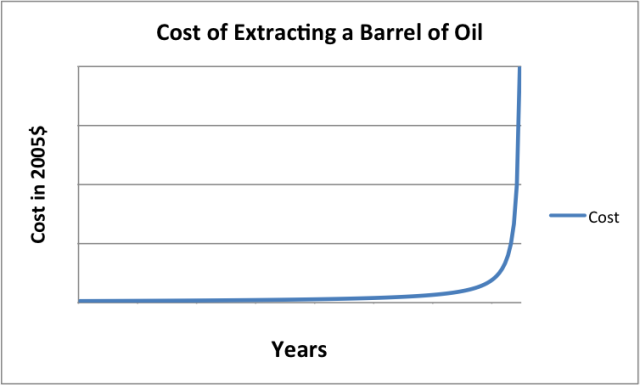What is the real story of energy and the economy? We hear two predominant energy stories. One is the story economists tell: The economy can…

Energy development

Don’t hold your breath, but future historians may look back on 2015 as the year that the renewable energy ascendancy began, the moment when the…

In the face of global climate change, increasing the use of renewable energy resources is one of the most urgent challenges facing the world. Further…
